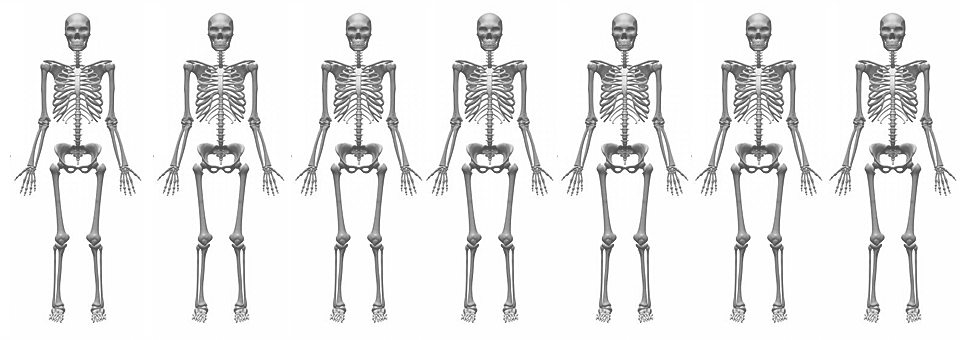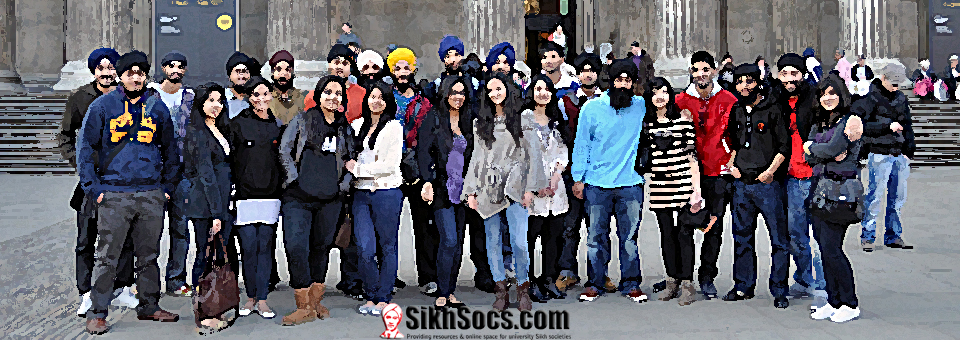Over the last seven days, I have been reminded how the judgements we make every day can affect the direction of our lives. With every choice that we make, we are opting to go a certain way having determined what the benefits and detriments of the various outcomes are. When we judge people that we don’t know based only on what we see of them it is far from ideal because we do not have the opportunity to ascertain who they really are, but it is sometimes necessary if for example we are limited by time. What is then vital for us to be able to make informed decisions about who we engage with and how is the thinking behind the judgements we make. If our basic understanding of the World and our fellow citizens is flawed it can lead to tragic and wholly regrettable consequences. Two incidents from this past week highlight some of the ways in which we see other people need to be changed.
Firstly, the case of 17 year-old high school student Trayvon Martin who was shot dead by a neighbourhood watch co-ordinator George Zimmerman in March 2012. Martin, an African-American, was walking in a gated community in Florida to the home of his father’s fiance wearing a hoodie, carrying an iced tea and a pack of skittles when he aroused the attention of the partly-Hispanic Zimmerman. A spate of burglaries had taken place in the area and Zimmerman decided that he would engage Martin as he didn’t recognise him and thought he was behaving suspiciously. Nobody knows exactly what happened in the altercation that ensued, but Police arrived to find Martin dead, shot by a legally-owned firearm belonging to Zimmerman who claimed that he acted in self-defence. Many in the US were outraged last week as a jury cleared George Zimmerman of both second degree murder and manslaughter.
The case has attracted widespread attention and garnered debate around issues of race, gun ownership and State laws in the media. But at the heart of this story is the judgement call that George Zimmerman made to encounter Trayvon Martin that day. What he and many of those who supported his legal defence believe is that if a teenager or young adult dressed in a hoodie, ambles through a private neighbourhood in the rain they aren’t exhibiting ‘normal’ behaviour. To many, myself included, this is a view of young people that is outdated and shows a fear of the changes in society which differ from the experiences that these people grew up with. They have not kept up with how society has changed and the way younger people act or dress today. More pertinent has been discussion of whether the fact that Trayvon Martin was black played a role in Zimmerman suspecting him. He denied this entirely pointing to his own mixed-race background, but there is an overwhelming feeling that it was a key factor and one which is understandably difficult for 21st century Americans (or other citizens of the World) to admit to – that many largely continue to profile young, black males as criminals.
The second thought-provoking moment this last week was an interview with award-winning actor Dustin Hoffman recorded late last year which underwent a mini revival in popularity on social media. During the interview, Hoffman discusses how he prepared for the 1981 film ‘Tootsie’ in which he played the title role of an actor who attempts to resurrect his career by dressing up as a woman and taking on a female role. The interview gained notoriety because Hoffman is reduced to tears as he recounts the emotions he felt once he was in costume and is told that it isn’t possible to make him look any prettier. He says,
“…I think i’m an interesting woman when I look at myself on screen and I know that if I met myself at a party I would never talk to that character because she doesn’t fulfil physically the demands that we’re brought up to think that women have to have in order for us to ask them out. … There are too many interesting women I have not had the experience to know in this life because I have been brainwashed.”
The pressure on women to look a certain way is immense and has been so for hundreds of years. Over the course of the last few decades though, the rapid increase in global telecommunications and digital publishing has not only helped to reinforce such ideas, but has intensified the number of men who judge women based on this stereotype. This is a hindrance to our progress and well-being as humans; preconceived notions of beauty prevent us from searching for what we really desire and finding contentment with others whose company we enjoy. Hoffman is definitely not alone in having missed the opportunity to meet other people, but he did at least come to that realisation and make amends.
Sometimes in life we have to make judgements about other people based on what they look like alone, but what we think those looks reflect about the type of person they are will determine if we are right or wrong.






